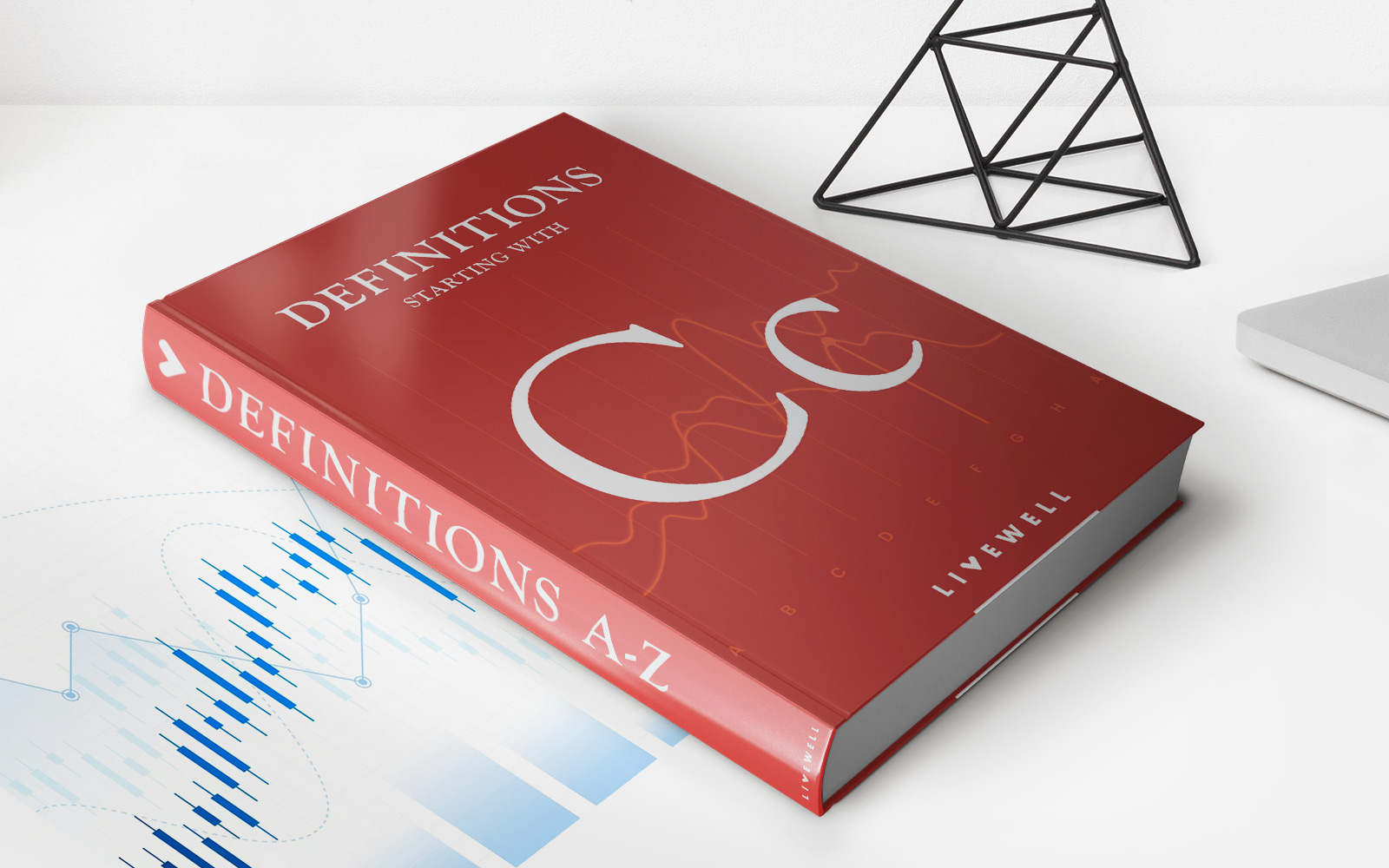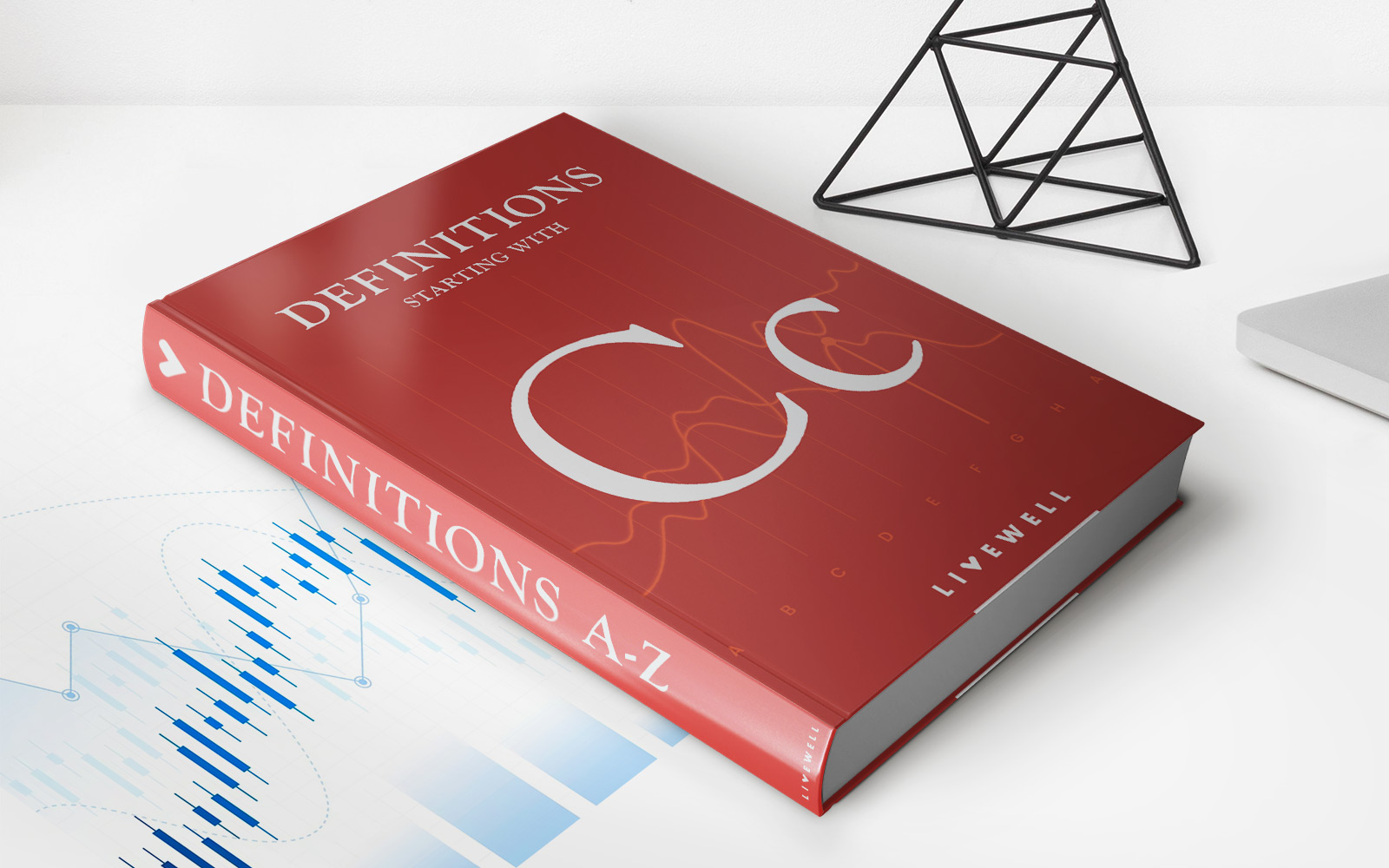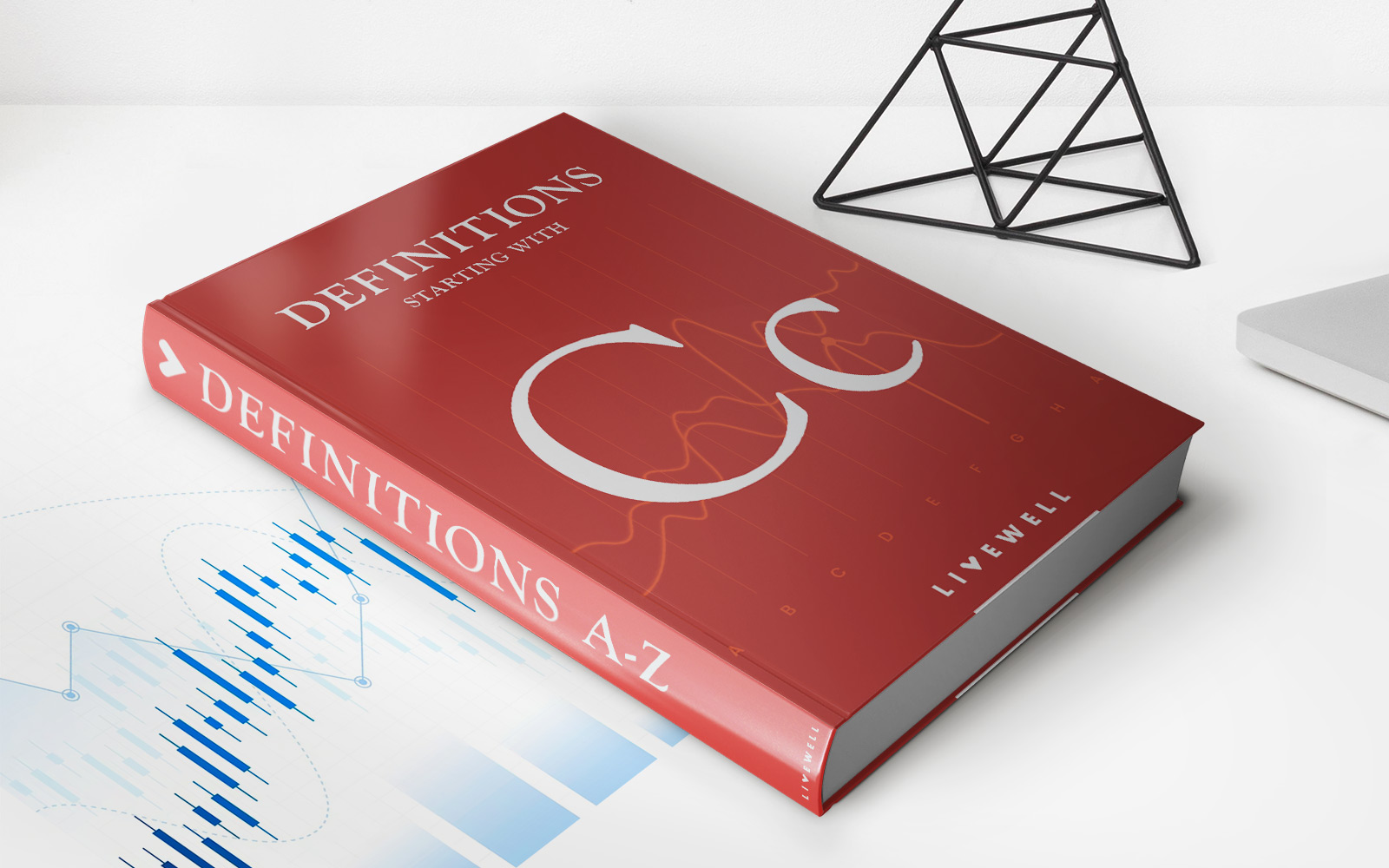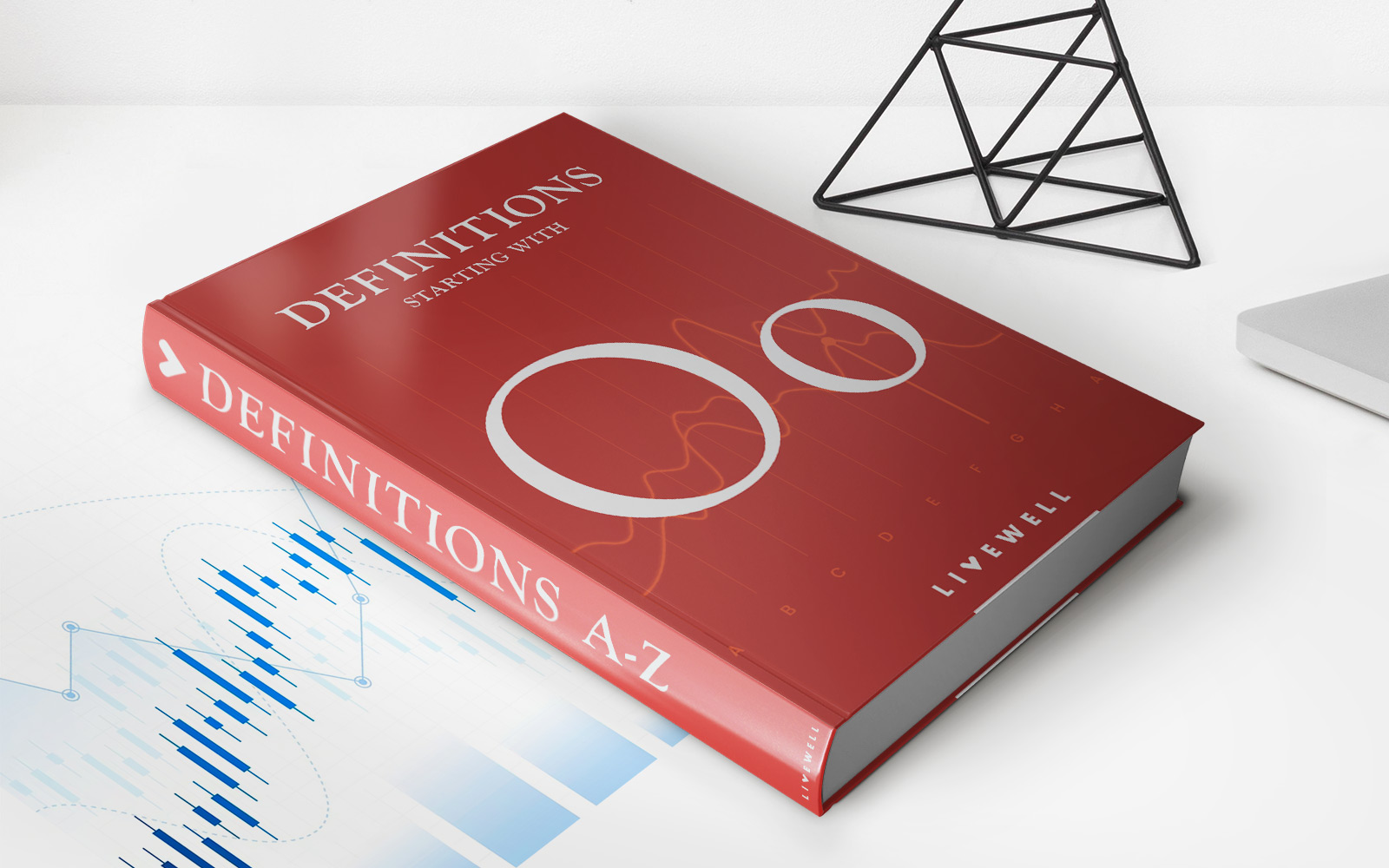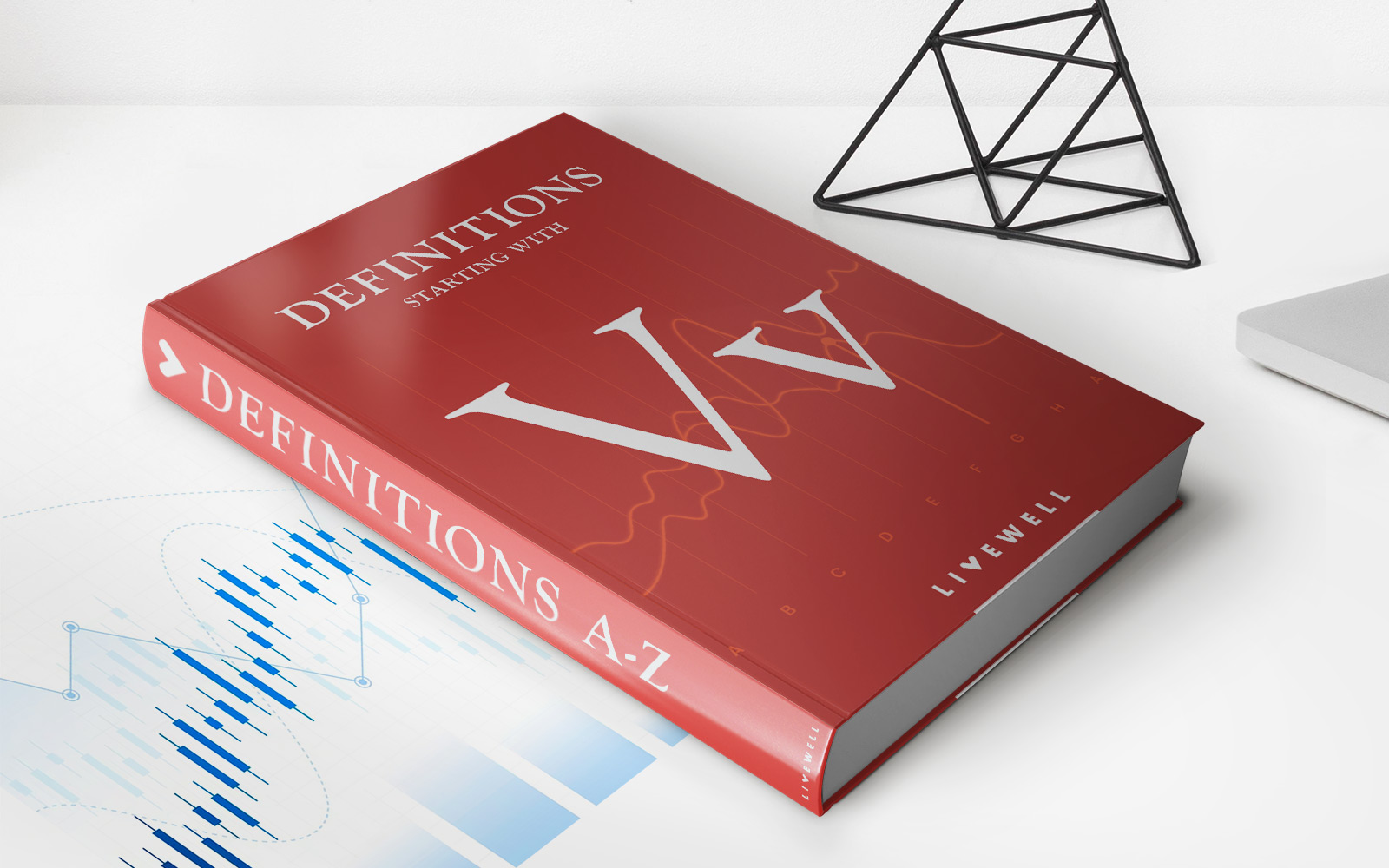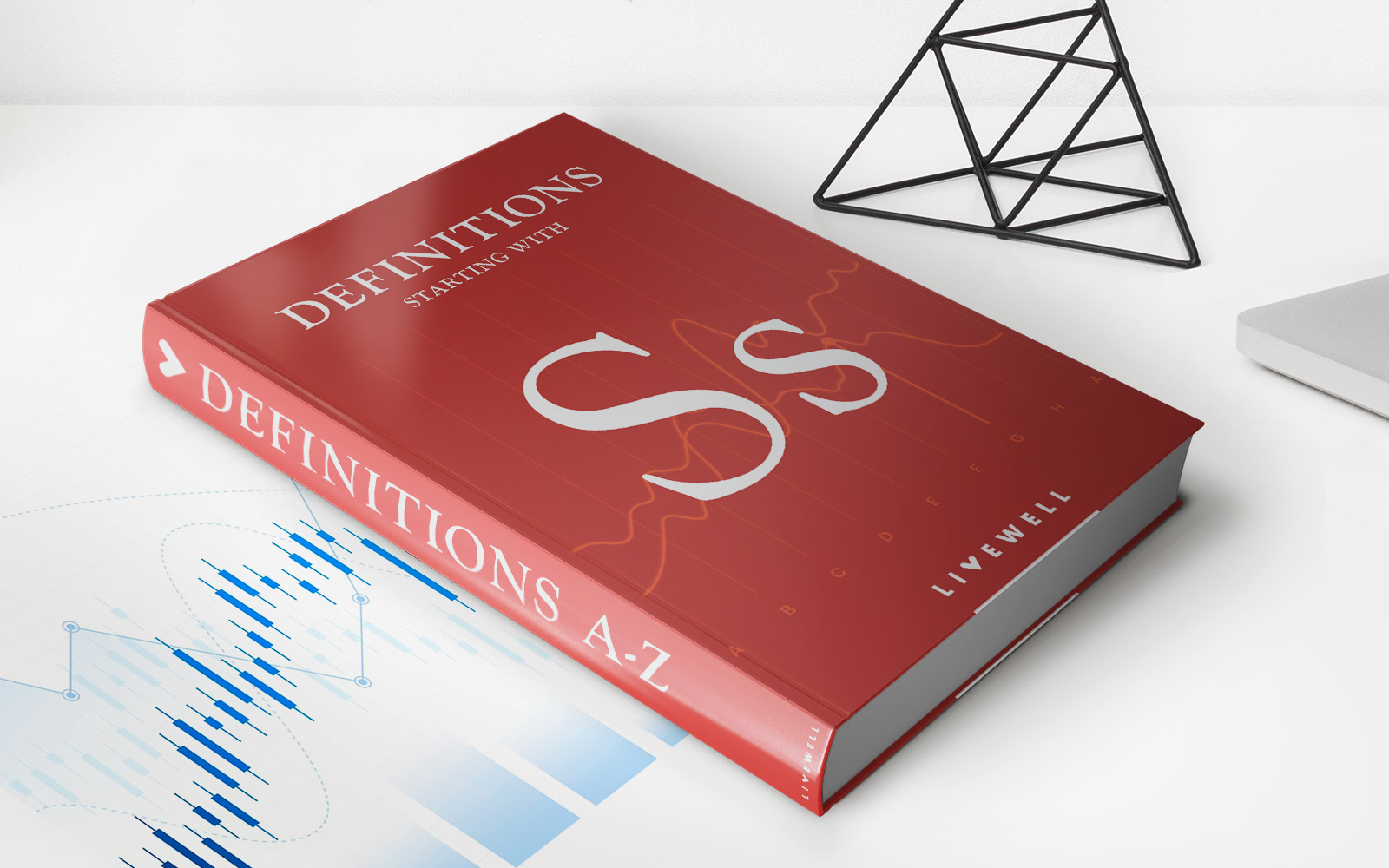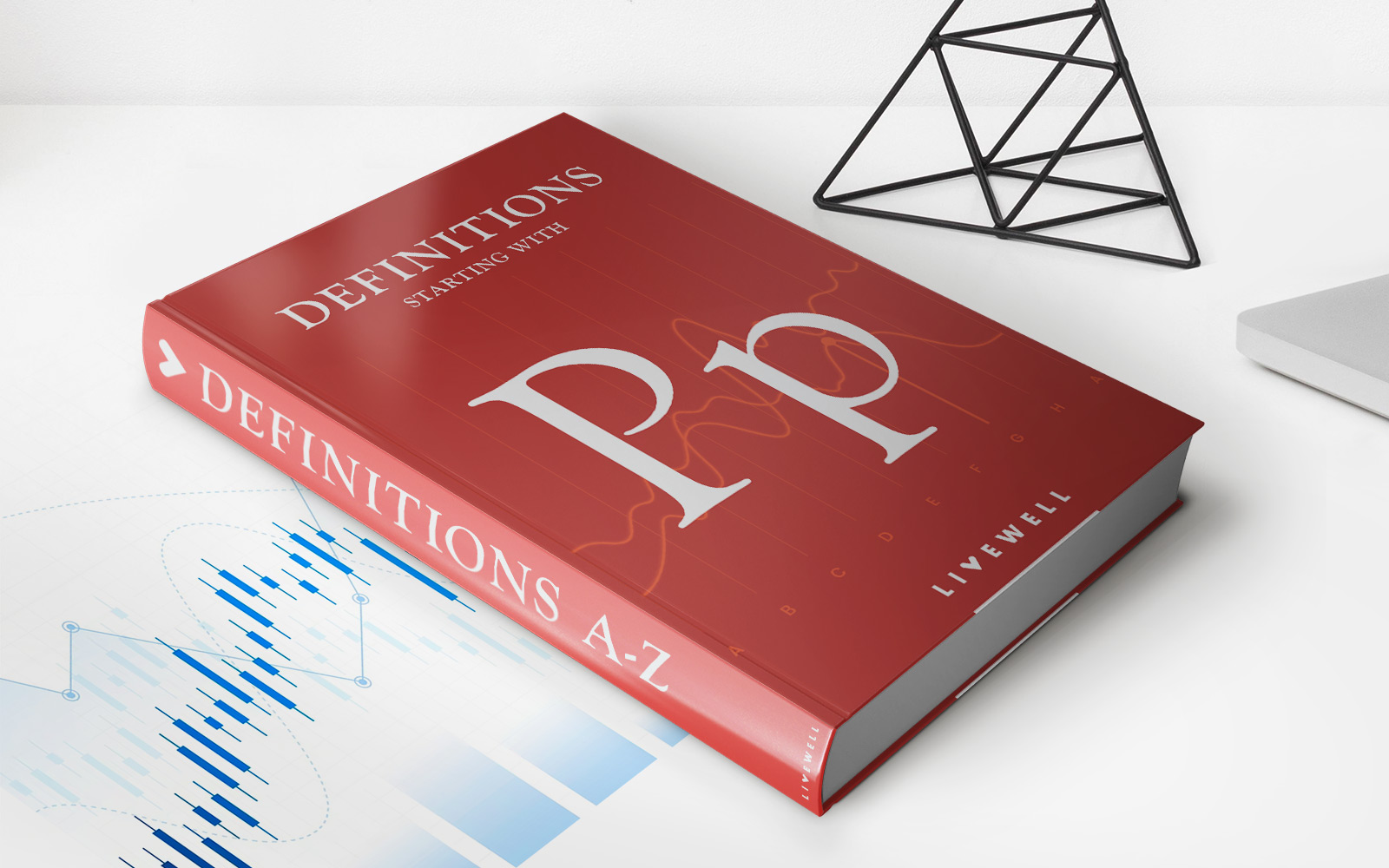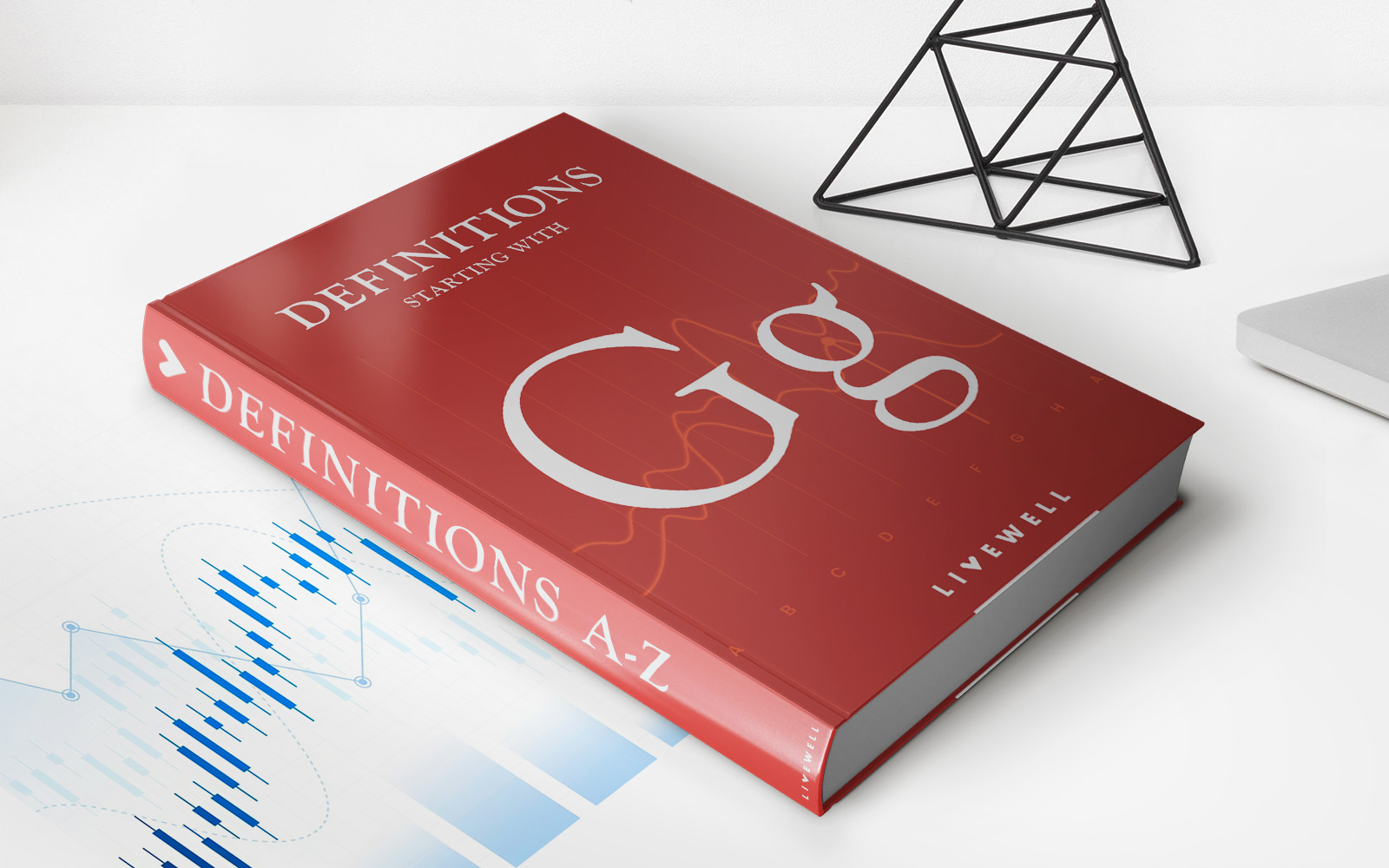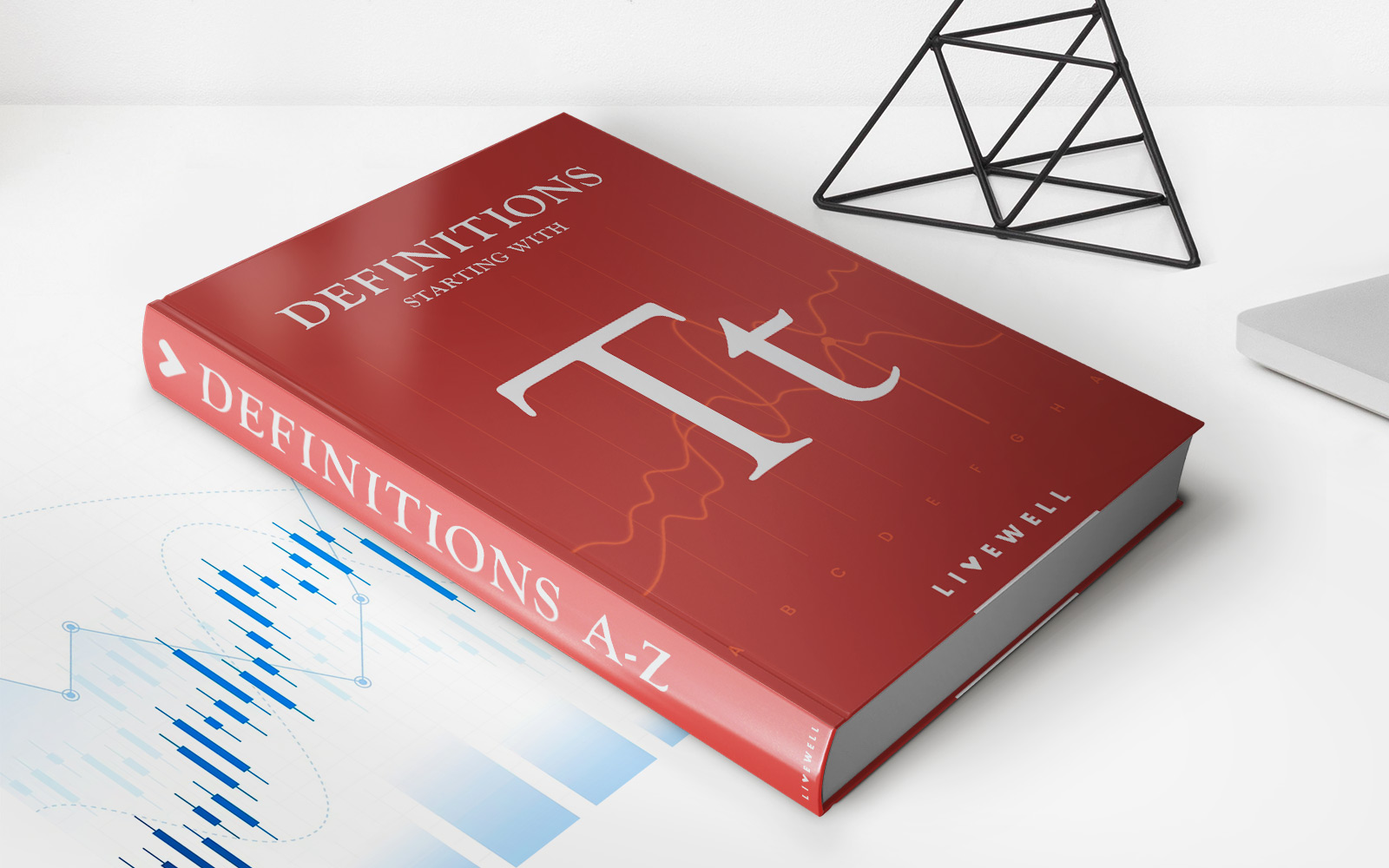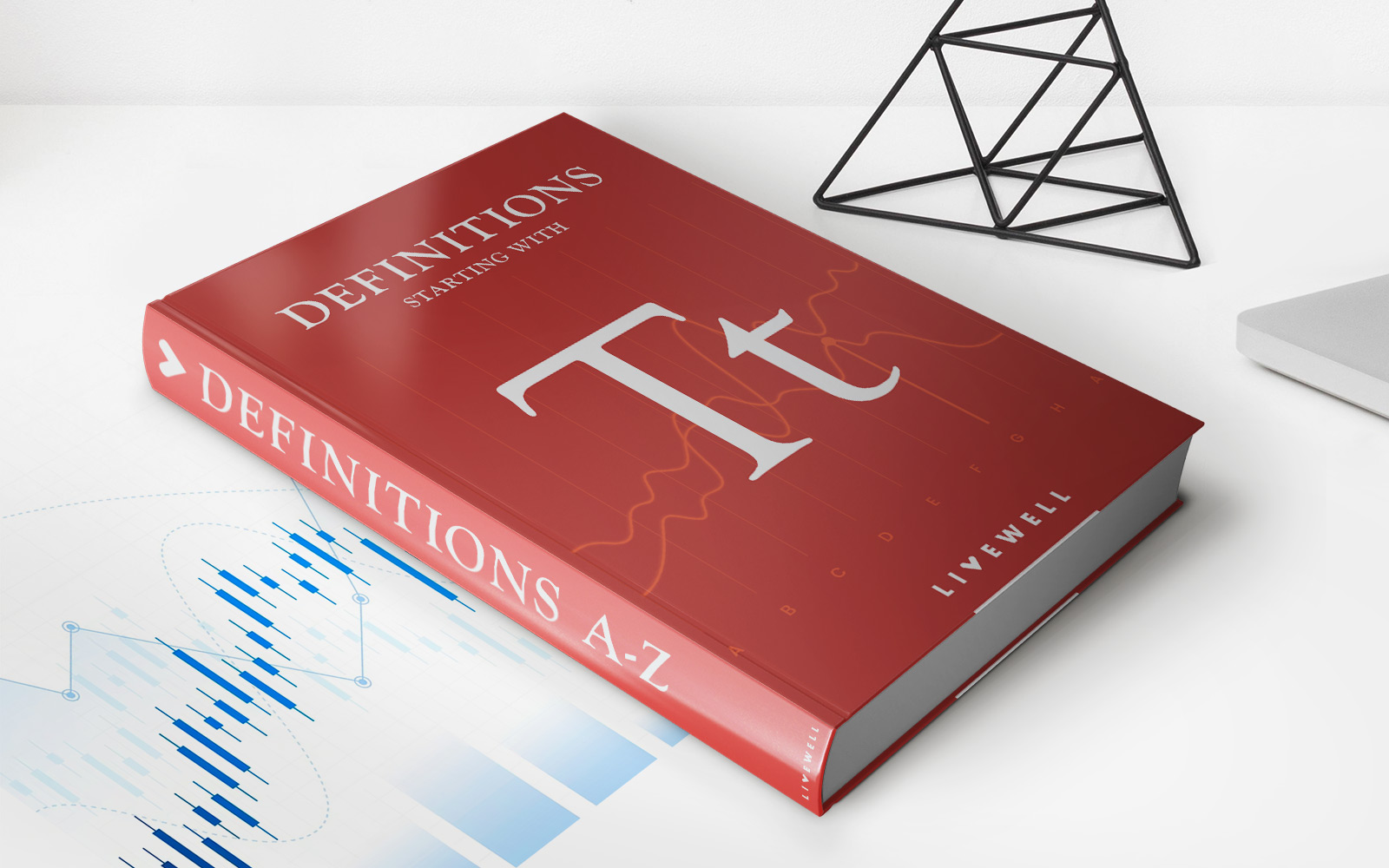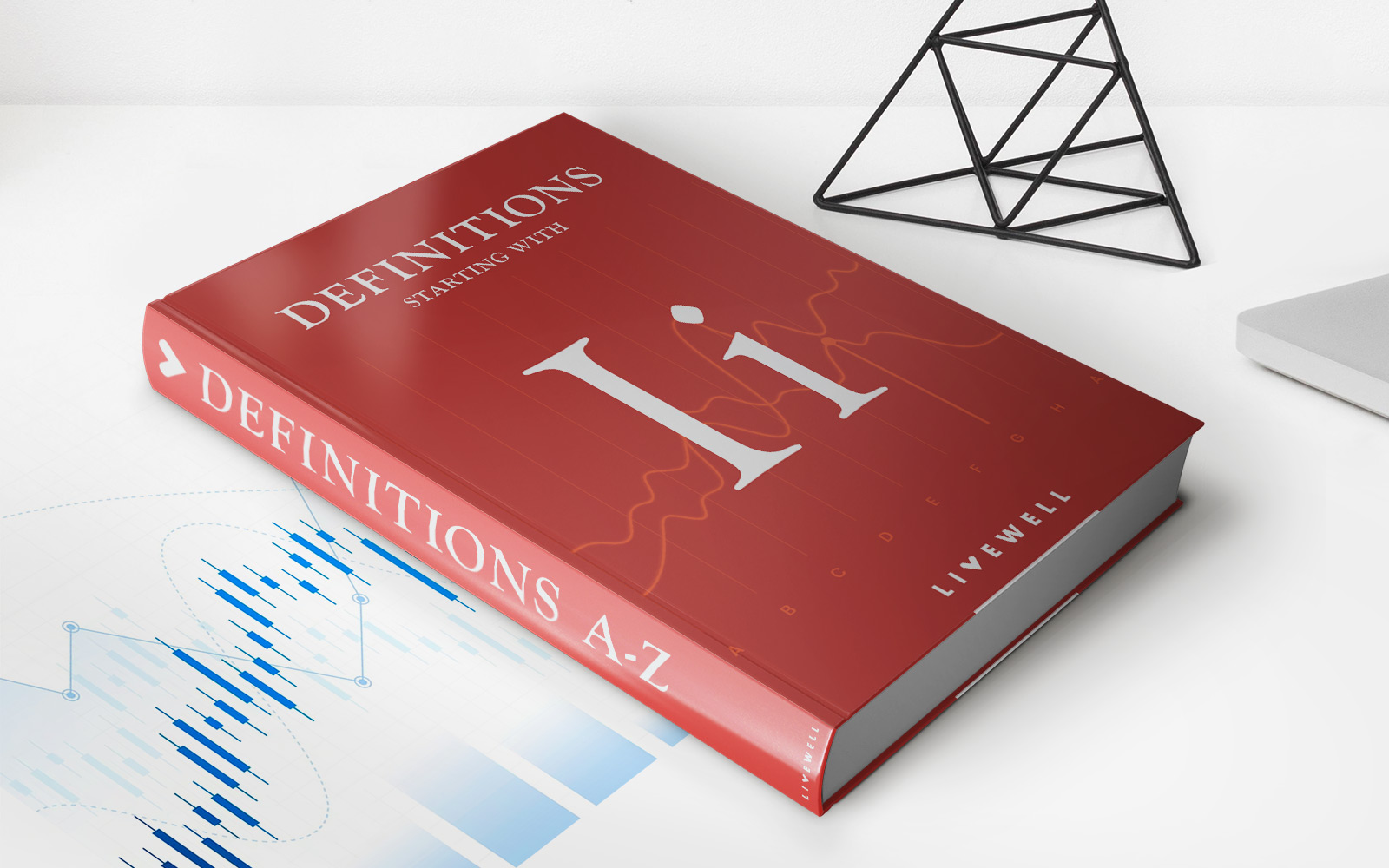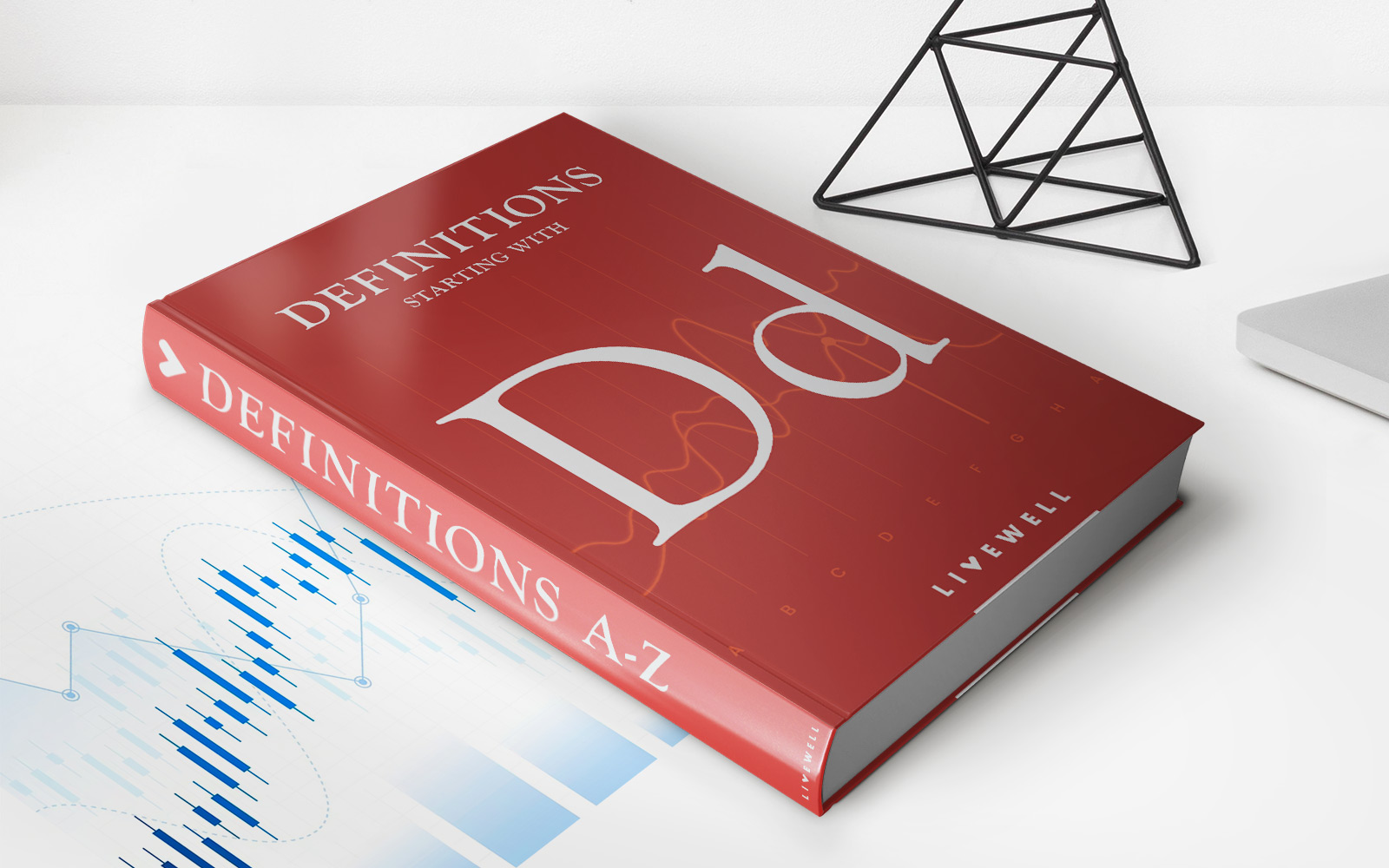

Finance
DB(k) Plan Definition
Published: November 8, 2023
Learn more about the definition and benefits of a DB(k) plan in the field of finance. Discover how this retirement option can help secure your financial future.
(Many of the links in this article redirect to a specific reviewed product. Your purchase of these products through affiliate links helps to generate commission for LiveWell, at no extra cost. Learn more)
Understanding DB(k) Plan: The Future of Retirement Savings
The finance industry is ever-evolving, with new investment options and retirement savings plans continuously emerging. Today, we’ll delve into one such plan that is gaining popularity – the DB(k) plan. If you’ve been wondering what a DB(k) plan is and how it can benefit you, this blog post is for you.
Key Takeaways:
- A DB(k) plan combines the features of a traditional defined benefit (DB) plan with a 401(k) plan.
- Employees can enjoy the benefits of a guaranteed retirement income alongside the flexibility of a 401(k) account.
What is a DB(k) Plan?
A DB(k) plan, also known as a “cash balance 401(k)” plan, is a retirement savings option that brings together the features of a traditional defined benefit (DB) plan and a 401(k) plan. It aims to provide employees with a secure retirement income while allowing them the flexibility to manage their own investments.
In a DB(k) plan, employers contribute a set percentage of an employee’s salary into a hypothetical individual account. This account grows with interest credits based on a predetermined rate or an investment performance benchmark. The employee can also make voluntary contributions through a 401(k) component, which typically allows for greater flexibility and control over investment options compared to a traditional DB plan.
The Benefits of a DB(k) Plan
Now that we have a basic understanding of what a DB(k) plan is, let’s explore the benefits it offers:
- Combination of Retirement Income Security and Flexibility: A DB(k) plan provides employees with the best of both worlds. With a defined benefit component, individuals are guaranteed a specific retirement income based on factors such as years of service and average salary. Simultaneously, the 401(k) feature allows for additional contributions and a broader range of investment choices.
- Tax-Advantaged Savings: Like a traditional 401(k) plan, voluntary contributions made to the DB(k) plan are generally tax-deductible.
- Employer Contributions: Employers offering a DB(k) plan typically make regular contributions on behalf of their employees. This reduces the burden on individuals to save on their own and can accelerate retirement savings.
- Portability: If an employee leaves their current job, the DB(k) plan balance can often be rolled over into another retirement account, such as an IRA or another employer’s retirement plan.
- Protected Assets: DB(k) plans, like traditional DB plans, provide protection against market volatility. The guaranteed income component ensures that employees receive a predictable retirement benefit regardless of market conditions.
With these benefits in mind, it’s clear why the DB(k) plan is becoming an attractive option for both employers and employees.
In Conclusion
The finance landscape continues to evolve, providing individuals with new and innovative ways to save for retirement. The DB(k) plan offers employees the opportunity to enjoy the security of a defined benefit plan along with the flexibility of a 401(k) plan. With tax advantages, employer contributions, and asset protection, the DB(k) plan can pave the way towards a financially secure retirement.
If you’re interested in learning more about the DB(k) plan, consult a financial advisor or contact us to discuss how this retirement savings option may fit into your financial goals.
